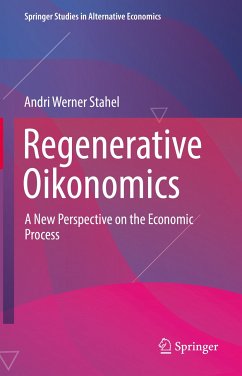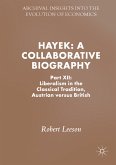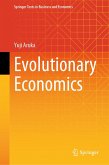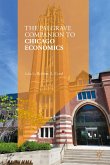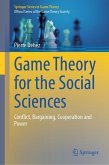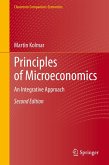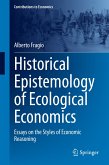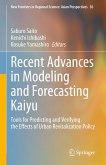Written in a jargon-free and non-technical way, it appeals to non-economists alike and those seeking a more profound and living understanding of the economic process. What is the role of nature in the economic process? Is there more to economics than we have been told? Do we have infinite needs? What are these needs? Can we keep on growing forever? Does economic growth improve our wellbeing? Why is the income gap widening? What is the role of financial capital in our current world? Are there other forms of producing, distributing, and consuming wealthbeyond markets? What are the functions of markets, and how do they work in the real world? These and many other aspects are discussed in living and holistic ways in this book. It is a must-read for all those interested in gaining a more profound and genuine understanding of our current reality and those looking for ways out of our current crises.
Dieser Download kann aus rechtlichen Gründen nur mit Rechnungsadresse in A, B, BG, CY, CZ, D, DK, EW, E, FIN, F, GR, HR, H, IRL, I, LT, L, LR, M, NL, PL, P, R, S, SLO, SK ausgeliefert werden.

